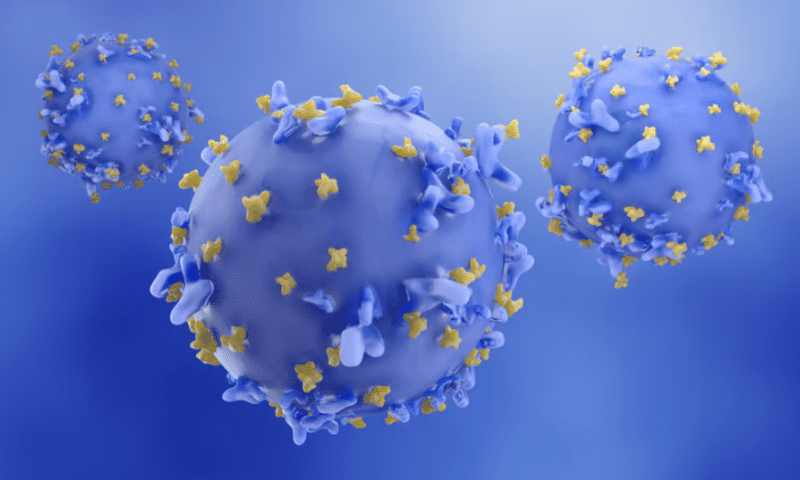Celyad Oncology has been making no secret of its transition away from clinical development and toward a focus on R&D, so perhaps it shouldn’t be a surprise to see the company drop its last remaining clinical asset.
Following a “strategic and financial review,” the Belgian biotech will discontinue development of CYAD-211, an allogeneic or “off-the-shelf” anti-BCMA CAR-T being trialed in relapsed or refractory multiple myeloma.
As previously promised, the company did give a short clinical update on the now-defunct therapy. Five out of 17 evaluable patients saw a partial response, with enhanced lymphodepletion not appearing to improve clinical activity of CYAD-211 or the persistence of the T cells post-infusion.
The biotech also pointed to the observed safety profile, including the lack of observed graft-versus-host disease, as providing proof-of-concept for the use of its shRNA technology for allogeneic CAR-Ts.
Despite this partial validation, the therapy has become the latest victim of the company’s Celyad 2.0 business strategy, which the biotech summarized as a way of “maximizing its valuable intellectual property estate and strengthening its research focus.” In practice, this means digging through its allogeneic cell therapy patents to see what can be licensed to third parties.
The strategy also involves continuing its research into pushing back the limitations of current CAR-Ts, such as enabling multiple genes to be modulated simultaneously as well as developing immunotherapies aimed at the “underappreciated target” of B7-H6.
“Celyad Oncology is of the opinion that it will potentially create more shareholder value by licensing its patent estate and further strengthening its research efforts to improve the differentiated nature of its platforms,” the company explained in the release.
There’s no doubt that times are tough at Celyad, which reiterated in November that its $13.1 million in cash and equivalents would run dry in the second half of next year.
The decision on CYAD-211 echoes the company’s move in October to drop its other CAR-T, dubbed CYAD-101. In that case, Celyad cited the cost of the program as well as delays to reaching key clinical milestones that resulted from an FDA hold—triggered by two patient deaths—that was only lifted in August.
Not all investors appeared convinced by the latest decision, with Celyad’s shares dropping 40% to 62 cents apiece in premarket trading from a Tuesday close of $1.05. The biotech’s stock has been in steady decline since a peak of $60 in late 2017.

